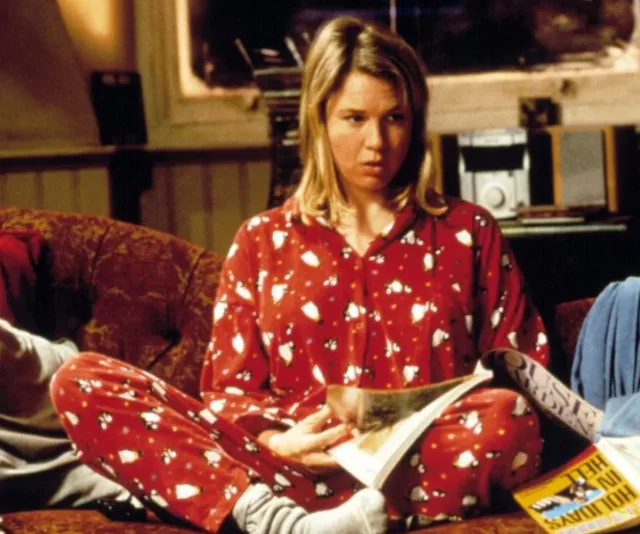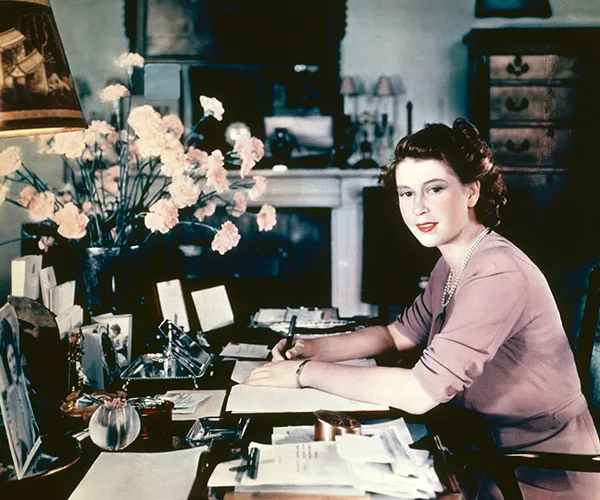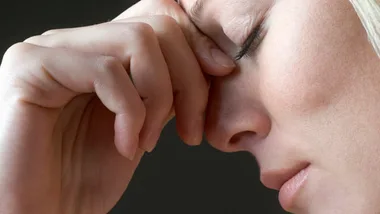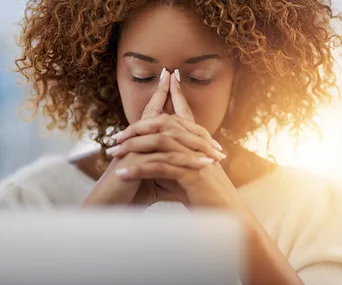Australia was almost entirely back to normal when Covid’s Delta variant entered the country.
As contagious as chickenpox, the strain has shut Sydney down for months and pushed Melbourne into another lockdown.
It’s safe to say that Australians are exhausted, and with shuttered shops, sporting venues closing their doors, quiet streets, and overworked frontline workers, people are clearly struggling. As a result, many of us are battling our mental health as we experience this insurmountable collective trauma.
Today is R U OK Day, which seeks to start much-needed conversations about mental health by asking people in your life if they are ok. It’s also an excellent time to check in with yourself and instil some pragmatic steps to help yourself.
Dr Suzy Green, author of The Positivity Prescription and CEO and founder of The Positivity Institute, has provided three expert tips and science-backed strategies to encourage you to prioritise your mental wellbeing, and you can even pass them on to a friend in need.

You may be all by yourself, but there are some handy tips to manage your mental health during these times.
(Image: Working Title Films)Experts have advised Aussies to stick to a routine when it comes to their day-to-day activities, incorporating a mix of work and/or school, as well as fun and games.
Dr Green also has three specific areas we can focus on, that can help improve our mental wellbeing during this time.
MEDITATION
Even though there are various forms of meditation, any one of these is great way to practice mindfulness. Apps like Calm, 1GiantMind, Headspace, Smiling Mind and Insight Timer can help guide you through the process.
“Meditation practice can give your mind a rest from the constant chatter and ‘catastrophising’ that it might be doing right now,” she explains.
Feel like giving meditation a go? Watch this two minute video in the player below. Story continues after video…
GRATITUDE
Research has found that people who are grateful for what they have, rather than what they don’t have, experience elevated levels of psychological wellbeing.
“And it doesn’t have to be difficult, simply identify (or write down) three to five things that you are grateful for right now, like a roof over your head, food on the table, and loved ones supporting you,” Dr Green says.
JOURNALLING
Writing down your thoughts and feelings may not sound like your cup of tea, but it can be quite therapeutic, as being in lockdown tends to bring on those negative and irrational thoughts.
“If these thoughts go round and round in your head, you can believe them to be true!” Dr Green says.
“Writing down your thoughts allows you to consider them a little more rationally and perhaps choosing to think differently about the situation, allowing you to feel a little more hopeful about taking positive action.”

Did you know the Queen has been writing a nightly diary since she was a teenager?
(Image: Getty Images)Self-isolating at home can be particularly tough for parents, who have to manage home-schooling their kids on top of their job, looking after the house and whatever else is thrown their way.
But Dr Green says that clarity and keeping a greater goal in mind can help during these hard times.
“Create a daily schedule for you, your kids and your family,” she suggests, adding that it may help to explain to your kids the reasons behind staying at home and why they’re not going to school.
“As a family, determine what your core life values are – write these down and put them on your fridge to remind you – and when things get tense or tough, it’s a good reminder as to why as a family you’ve committed to.”

Daily schedules and determining core values can help if you’re in lockdown as a family.
(Image: Instagram @kimkardashian)Others who are at risk are those with pre-existing mental health conditions, as well as those trapped in a violent relationship.
Thankfully, there are a multitude of online and phone resources for those struggling, and Dr Green advises people suffering to seek out help from a professional psychologist or other mental health professional.
“If you’re someone who’s been hesitant to seek help and the COVID situation has led to you feeling more anxious or depressed, don’t hesitate – now is the time to reach out for professional help,” she says.
“The Australian Psychological Society has a Find a Psychologist service where you can locate someone suitable to work with you.”
If this article has raised any issues for you please contact Lifeline Australia on 13 11 14, or visit there website here


